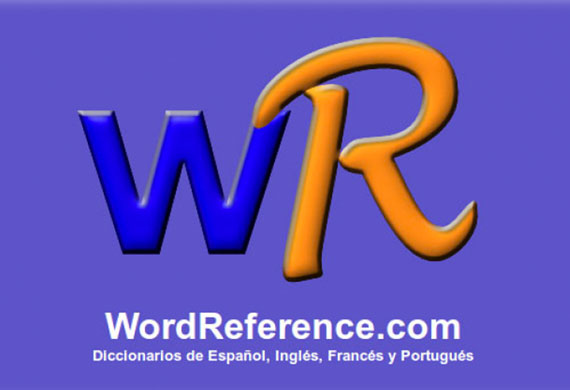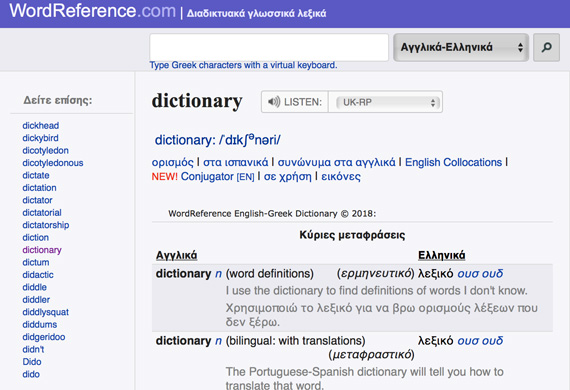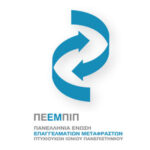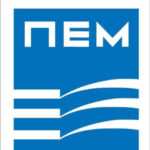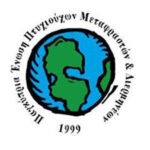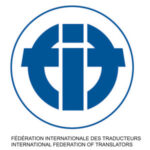Lexicography is a complex process that includes many stages and involves many people who collaborate with each other.
FIRST STAGE
The work starts with linguists in the source language (in my case linguists for English and French) who initially drew up lists of terms starting from the simplest, everyday ones and gradually going onto more specialised ones. For each term, the different meanings it can assume, the different shades of meaning it may have, and other information such as the part of the speech, grammatical and syntactic comments, instructions about how to use it, etc. are set out separately. Lastly, for each shade and hue of meaning there is an example of a sentence in the source language.
SECOND STAGE
Moving on to stage two, the baton is taken up by linguists in the target language. That’s where I got involved in Greek. By examining the information in the source language, I can go through the terms one by one and propose suitable renditions for each individual shade and hue of meaning.
Translations include and are accompanied by:
- synonyms or antonyms to provide a special picture of each term.
- information about how to use it, which informs whether, for example, it is an official term or an everyday term, whether there is ironic use, whether the term has positive or negative connotations, etc.
- the part of speech
- grammatical and syntactic comments
THIRD STAGE
In the third stage, having finished with the translations of the terms, we then translated the sentences given as an example for each individual term given by linguists in the source language. In addition to rendering a word, users can also see how that word is used in the target language, in Greek, in my case. The work done is not, however, a sterile translation of individual sentences. The examples we give in Greek must clearly show the particular shade of meaning of each term and if that is not adequately achieved based on the example from the source language, we can move away from it, offering a new example which more fully conveys the true meaning of the term.
FOURTH STAGE
The fourth stage is checking. All projects, whether to prepare terms and examples in the source language or to find renditions and translate examples into the target language, are checked by revisers. This double-checking procedure ensures the quality of the final result.
